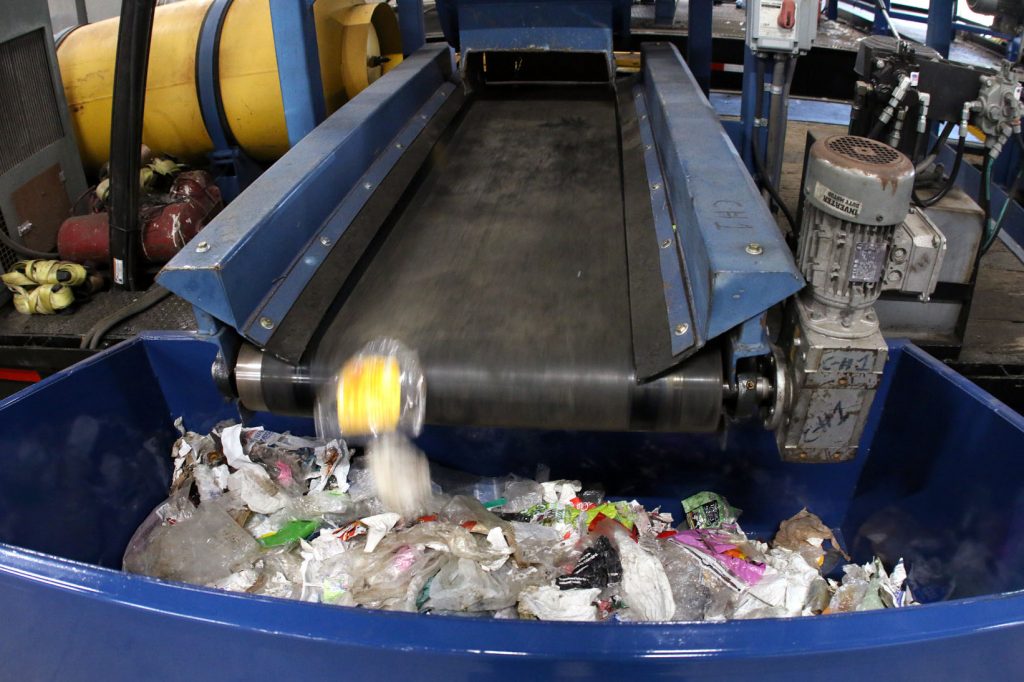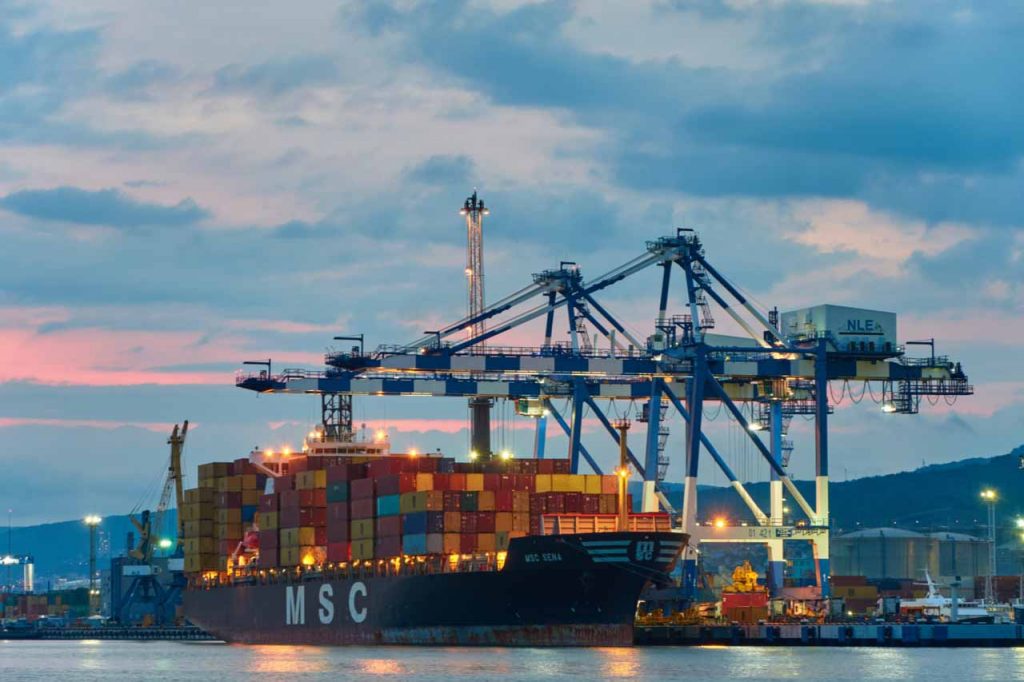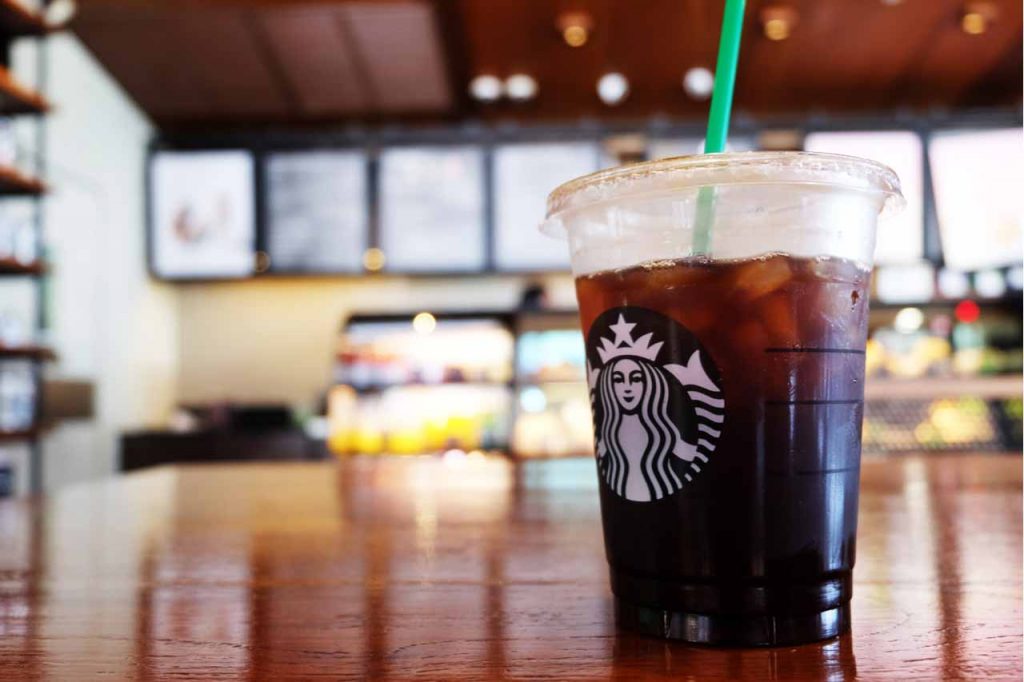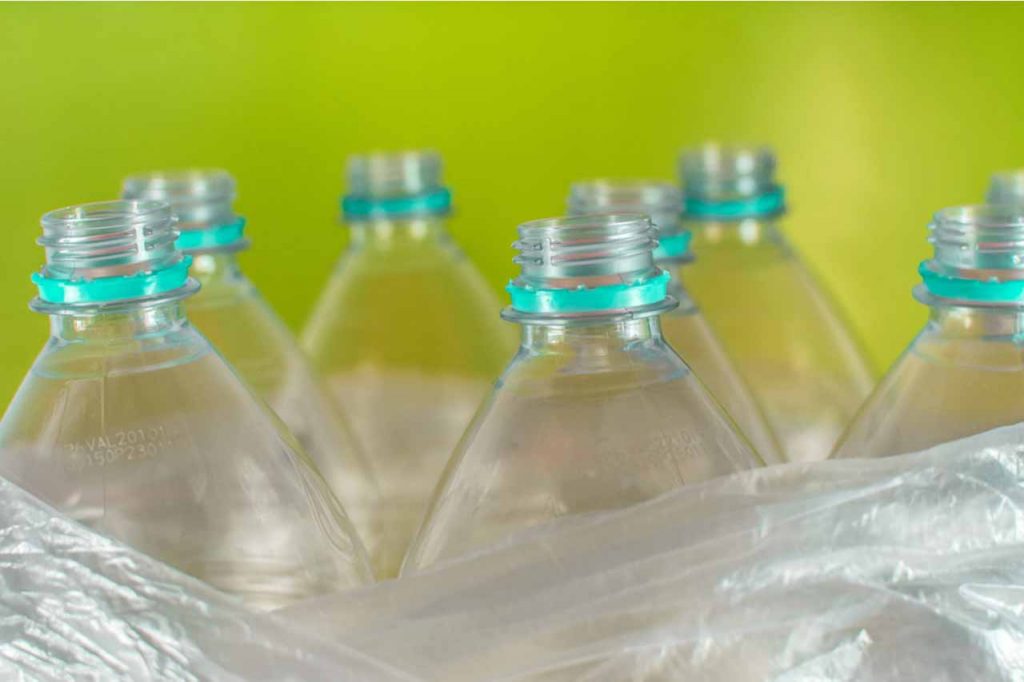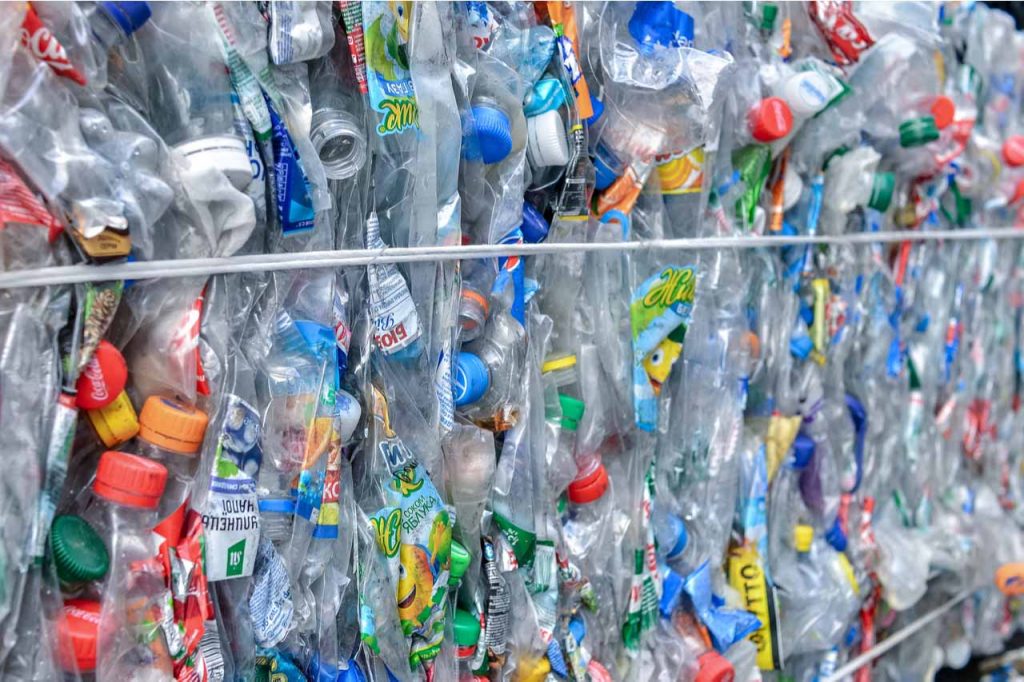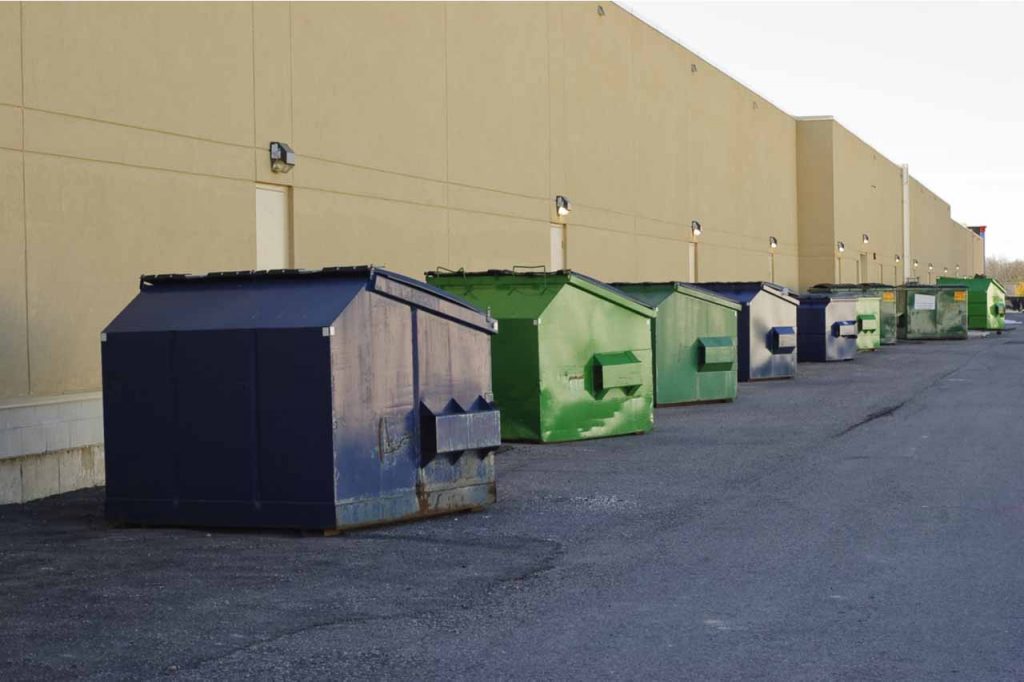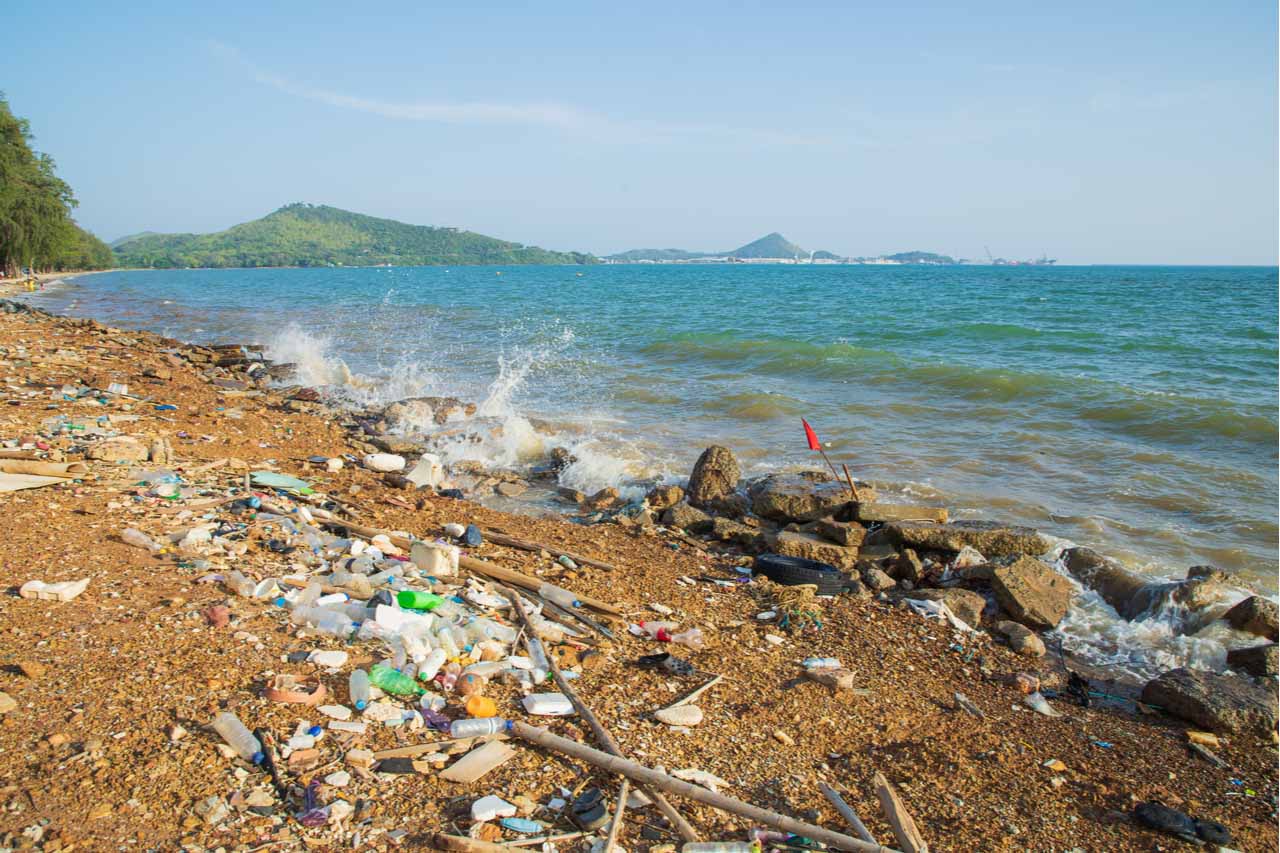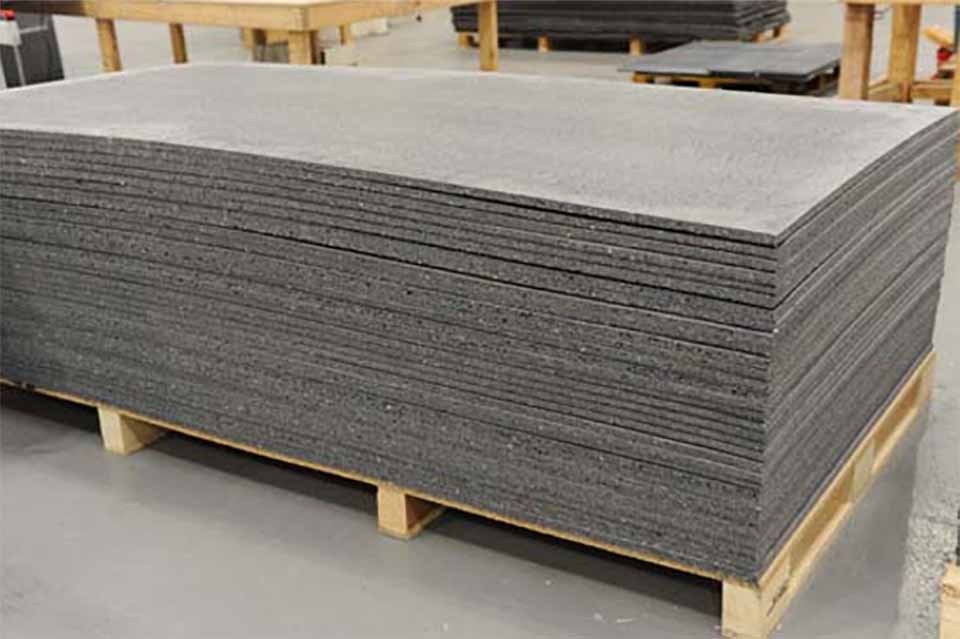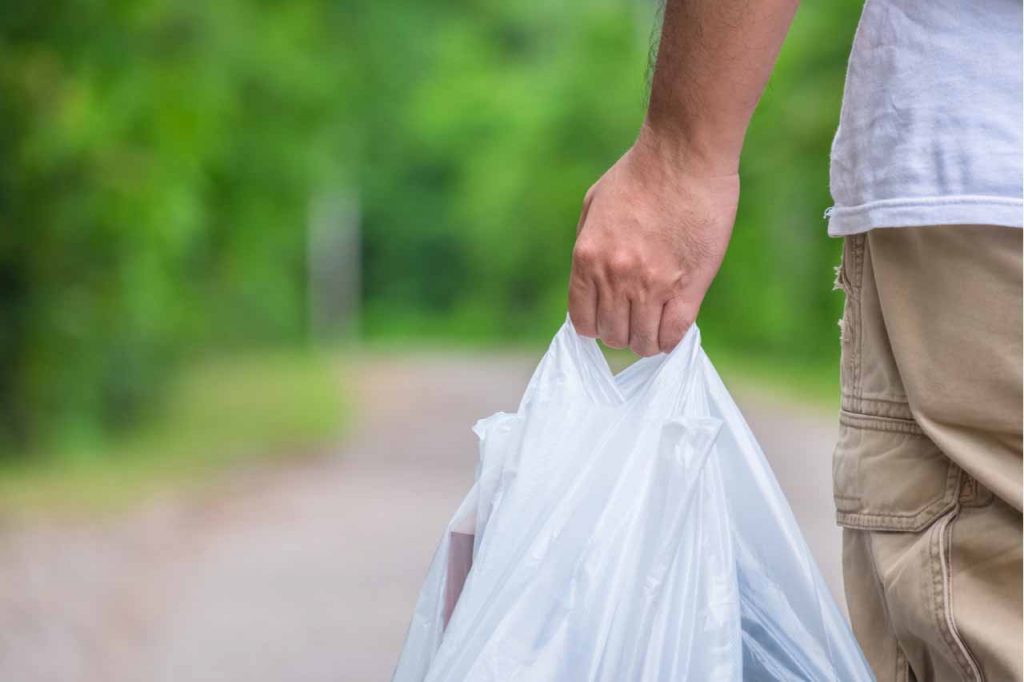
Suspended regulations led to immediate downturns in business for a number of plastic recycling firms. | patpitchaya/Shutterstock
A single-use plastic bag ban and reusable bag recycled-content mandate is back in force in California. The regulations had been temporarily lifted because of COVID-19.


 Colin Staub was a reporter and associate editor at Resource Recycling until August 2025.
Colin Staub was a reporter and associate editor at Resource Recycling until August 2025.